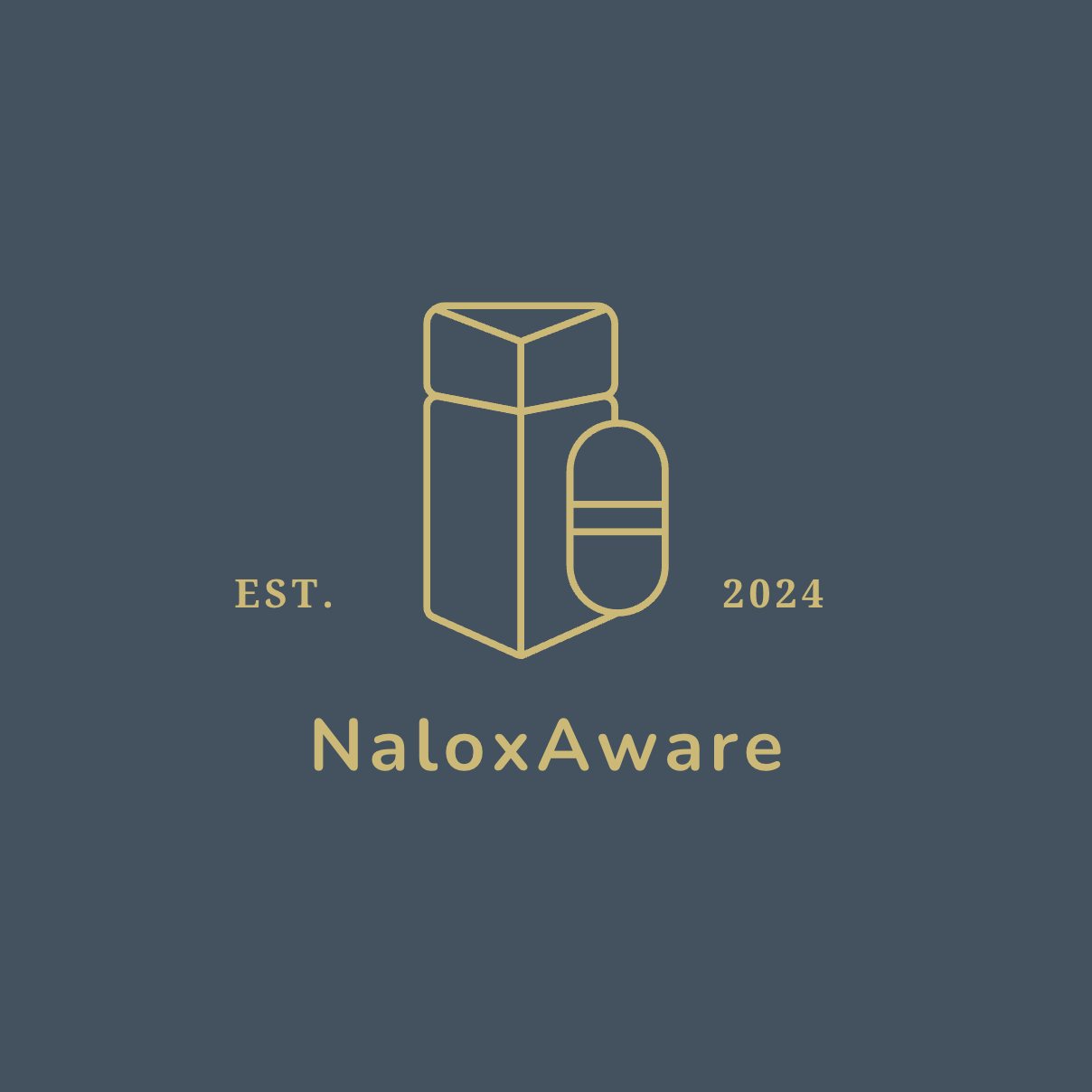
Individuals with a history of trauma are nearly three times more likely to develop substance use disorders, and that is just one piece of a much larger puzzle shaped by environmental factors like poverty, housing insecurity, and systemic neglect. Yet, society chooses to blame the individual, not the systems that failed them.
In British Columbia, more than 1,000 additional shelter beds are needed just to meet current demand. In Toronto, around 15,000 people are turned away from shelters each year. These numbers reflect the lack of support, stemming from a deep-rooted failure to provide stable and accessible paths to recovery. For someone trying to overcome addiction, the wait for detox or treatment can extend into weeks to months. With many people not even having access to phones or transportation in the first place, making it nearly impossible to be contacted when a spot finally opens up.
Even when treatment is completed, most are sent back into the same unstable environments that caused their addictions in the first place. In Vancouver, where the average rent is over $3,000 per month and post-tax income is only slightly higher at around $3,415, recovery becomes unaffordable.
